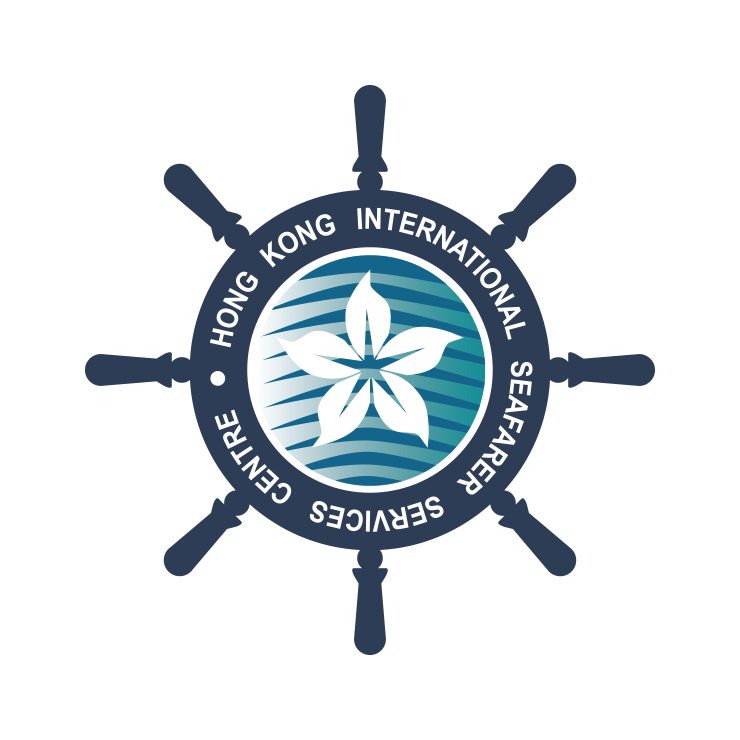Learning the lessons from the COVID-19 pandemic
从疫情中吸取的教训
Joint Action Group recommendations to mitigate impacts of health recommendations on transport keyworkers.
联合行动小组就减轻疫情对交通关键工人健康影响之建议
Seafarers should be designated as keyworkers during future global pandemics.
在未来的全球传染病疫情期间,海员亦应被指定为关键工作人员。

Designating transport workers, including seafarers, as keyworkers and ensuring such workers’ needs and challenges are voiced during a pandemic are among the recently published recommendations from a joint United Nations and industry sector action group.
联合国和工业业界组成的联合行动小组发布最新建议,将包括海员在内的运输工人指定为关键工人地位,并确保在疫情期间这些工人的诉求和面对的挑战受重视。
The Joint Action Group was established in December 2021 to review the impact of the COVID-19 pandemic on the world’s transport workers and the global supply chain. The Group included IMO, the International Labour Organization (ILO), the World Health Organization (WHO), the International Civil Aviation Organization (ICAO), the International Chamber of shipping (ICS) and the International Transport Workers’ Federation (ITF), and air and road entities.
联合行动小组成立于2021年12月,旨在审查COVID-19疫情对全球运输工人和全球供应链的影响。该小组包括国际海事组织(IMO)、国际劳工组织(ILO)、世界卫生组织(WHO)、国际民用航空组织(ICAO)、国际航运公会(ICS) 和国际运输工人联盟(ITF),以及空中和陆路运输个体。
The recommendations of the Joint Action Group to review the impact of the COVID-19 pandemic on the world’s transport workers and the global supply chain (JAG-TSC) aim to minimize adverse impacts on transport workers, their families and global trade and supply chains, while at the same time ensuring that public health needs are fully safeguarded and local communities are protected.
联合行动小组审查COVID-19疫情对世界运输工人和全球供应链(JAG-TSC)的影响后,作出一系列建议,旨在尽量减少对运输工人、他们的家人以及全球贸易和供应链的不利影响,同时确保充分保障公共卫生,保护各地区安全。
The 23 recommendations include, inter alia:
这23条建议包括:
- Setting up a rapid-response group for immediate activation in the event of WHO-declared Public Health Emergency of International Concern (PHEIC).
成立快速应变小组,并在发生世卫宣布的国际关注的突发公共卫生事件(PHEIC)时立即启动。
- Engaging in effective social dialogue with global, regional and national transport employers and workers and their organizations in recognition that social dialogue is an effective means to improve the living and working conditions of mobile and cross-border transport workers and transport facilitation across international borders.
与全球、各国家和各地区的运输雇主和工人及其工会展开有效的社会对话,并认识到社会对话可有效改善物流和跨境运输工人的生活和工作条件,同时令跨境运输更便利。
- The United Nations system should convene a tripartite, international and inter-ministerial meeting to discuss transport, health and the common concerns and interests of the transport sector in order to identify the different approaches required to safeguard and respect the rights of workers and employers during PHEICs.
联合国应召开一次三方、国际性部长级会议,讨论运输、卫生以及运输部门共同关注的议题,以确定在突发公共卫生事件期间,如何利用不同方法保障和尊重工人和雇主的权利。
Amongst specific recommendations for IMO, ILO and ICAO:
针对 IMO、ILO 和 ICAO 的具体建议:
- Contributing to WHO guidance to mainstream the rights, needs and challenges of workers and employers in the transport sectors during PHEICs.
为世卫的指导提出意见,将在突发公共卫生事件期间运输工人和雇主的权利、需求和困难纳入主流内容。
- Voicing and mainstreaming workers’ and industry’s needs and challenges by engaging in the development of a future WHO convention, agreement or other international instrument on pandemic prevention, preparedness and response, as well as potential amendments to the International Health Regulations (IHR 2005) in line with the modalities of engagement for relevant stakeholders.
为工人和业界发声,将行业需求和困难纳入主流声音,与相关利益的各方共同参与制订未来世卫有关传染病预防、准备及应对的公约、协议或其他国际文书,以及对《国际卫生条例》(IHR 2005)的潜在修订。
Amongst specific recommendations for Governments:
对各国政府的具体建议:
- Recognize the key role played by transport workers during PHEICs, in particular mobile and cross-border transport workers that serve the sustainment of essential supply chains, and, if not having already done so, designate them as “key workers”.
确立运输工人在PHEIC期间发挥的关键作用,特别是维持基本供应链服务的物流和跨境运输工人,即使未获确立,亦应将他们指定为「关键工人」。
IMO action during the pandemic
疫情期间国际海事组织的行动
The recommendations reflect IMO’s calls made during the COVID-19 pandemic to designate seafarers as key workers and joint calls to collaborate on seafarer issues.
这些建议反映IMO在COVID-19疫情期间发出将海员指定为「关键工人」的呼吁,以及各方应在海员问题上进行合作的联合呼吁。
Furthermore, IMO’s Facilitation Committee has adopted amendments to the Facilitation Convention (which enter into force on 1 January 2024), to include provisions derived from lessons learned during the course of the COVID-19 pandemic. Contracting Governments and their relevant public authorities are required to allow ships and ports to remain fully operational during a PHEIC, in order to maintain complete functionality of global supply chains to the greatest extent possible. Public authorities are also required to designate port workers and ships’ crew as key workers (or equivalent), regardless of their nationality or the flag of their ship, when in their territory.
此外,简化和协调国际海上运输的IMO便利化委员会通过了《便利化公约》修正案(将于2024年1月1日生效),以纳入从 COVID-19疫情期间吸取的教训。缔约国政府及其相关公共当局必须允许船舶和港口在PHEIC期间保持全面运作,尽量维持全球供应链发挥完整功能。无论他们的国籍或船舶船旗国,公共当局都必须将港口工人和船员指定为「关键工人」(或同等人员)。
To read the full set of recommendations, click:
全套系列建议在以下网址:
http://www.ilo.org/global/docs/WCMS_866753/lang–en/index.htm

